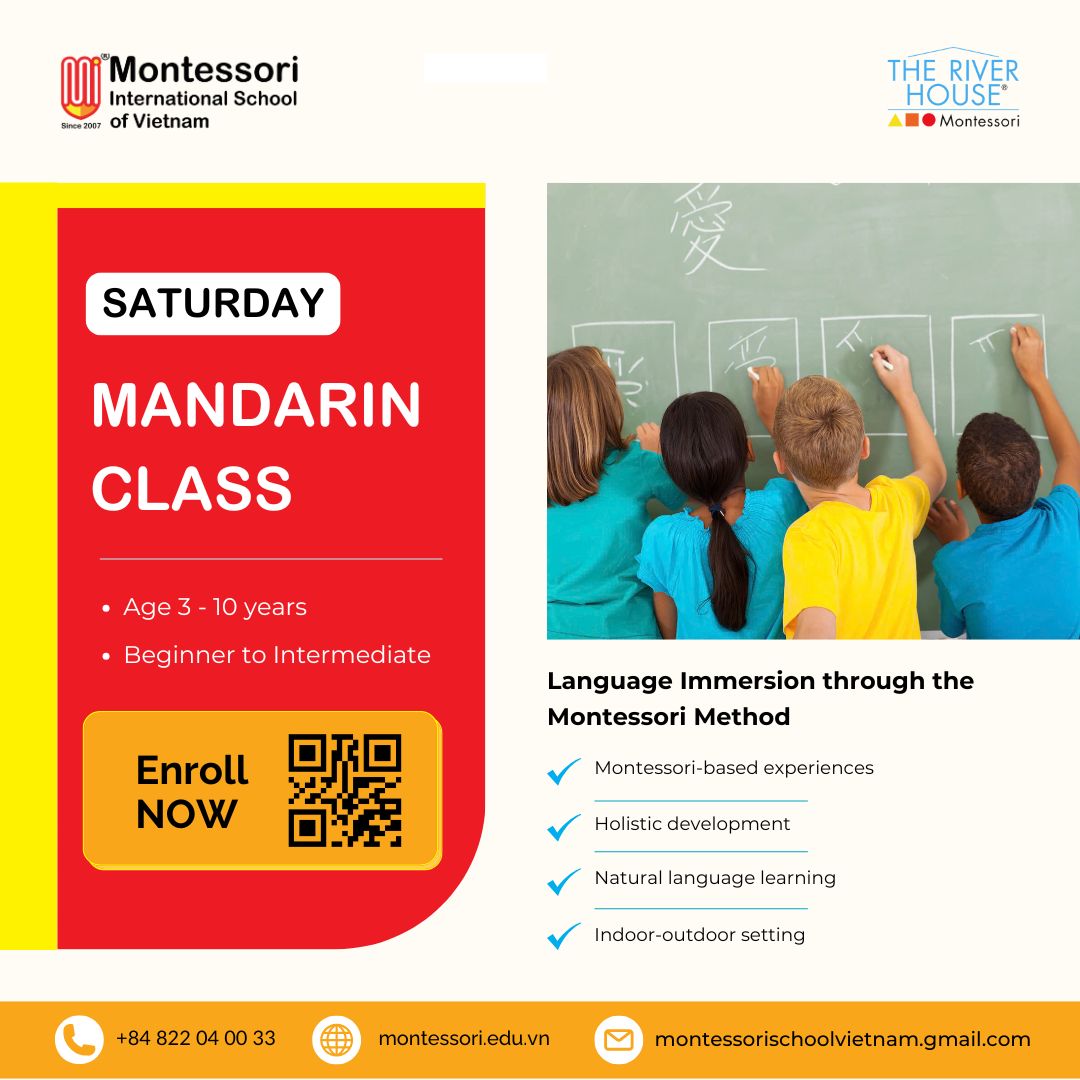The Wonderful World of Montessori
Who Was Maria Montessori?
Dr. Maria Montessori (1870–1952) was an Italian physician and educator, widely recognized as one of the most influential pioneers in early childhood education of the 20th century.
As one of Italy’s first female physicians, Montessori broke barriers in a male-dominated field of her time. Growing up in Rome, she was immersed in a rich cultural and academic environment, which shaped her vision for a child-centered approach to learning. Her experiences as a doctor, along with her observations of children, led her to develop an educational method that respects each child’s unique potential.
Montessori’s approach, described as an “aid for life,” focuses on nurturing the whole child—fostering not just intellectual knowledge but also independence, social, and emotional growth. Her method promotes independent exploration, self-directed learning, self-discipline, and responsible behavior. It connects school learning with social initiative and real-life experiences.
In addition to founding the Association Montessori Internationale (AMI) to guide the global spread of her educational philosophy, Montessori received three consecutive nominations for the Nobel Peace Prize (1949-1951).
Montessori’s philosophy and method have had a lasting global impact and continue to influence education today.
The History of the Montessori Method
“We call our schools Children’s Houses, and in them, the children are masters of the house. When we have visitors, we do not allow them to behave as though the children are objects on display to be questioned. Our visitors come as guests to the Children’s House, and we expect them to respect our children as guests respect their hosts.”
– Maria Montessori, Maria Montessori Speaks to Parents, p. 39
The Birth of a Movement
Montessori education began over a century ago with a visionary approach from Dr. Maria Montessori. While working with children with disabilities, she made a groundbreaking discovery: children learn best when they actively construct their own understanding through meaningful interactions with their environment.
Inspired by her findings, Dr. Montessori delved deeper into the study of child development, exploring psychology, philosophy, and anthropology. In January 1907, she opened the Casa dei Bambini—”The Children’s House”—in a working-class district of Rome. This humble beginning sparked the start of an educational movement that would transform how children learn worldwide.
Through careful observation, Dr. Montessori witnessed remarkable changes in the children. They demonstrated profound focus and engagement with specially designed materials. Over time, behaviors of distraction and disorder gave way to inner peace and order within their environment, a transformation she then called “normalization.” Dr. Montessori concluded that she had uncovered the true, innate nature within every child which flourishes when given the right environment and the freedom to learn.
Her approach reshaped education by emphasizing hands-on learning, independence, and respect for each child’s natural development. What began in a single classroom in Rome soon bloomed into a global movement.
Milestones in Montessori Education
The Early Years:
• 1906: Dr. Montessori was invited to establish a childcare center in San Lorenzo, Rome, for disadvantaged children.
• 1907: The first Casa dei Bambini opened, introducing a child-centered approach to education.
• 1909: Dr. Montessori published The Montessori Method, which was translated into 10 languages, earning worldwide recognition.
• 1910–1914: Montessori schools spread across Western Europe, the United States, and beyond. By 1914, 187 English-language articles celebrated Montessori’s work.
New Frontiers:
• 1920s: Dr. Montessori proposed a new form of schools for adolescents, where they could learn through practical, real-world experiences.
• 1929: Together with her son Mario, she founded the Association Montessori Internationale (AMI) to preserve and promote her educational philosophy.
• Peace Education: Having lived through two world wars, Dr. Montessori wove peace and social justice into her curriculum, believing education was key to building a better world.
Montessori Today: A Global Movement
Dr. Montessori passed away in 1952, but her legacy lives on through organizations like Association Montessori Internationale (AMI), the American Montessori Society (AMS) and their global networks. These organizations continue to promote, adapt and advance her innovative educational approach philosophy to meet the needs of today’s diverse learners.
From its modest beginnings, Montessori education has expanded to serve millions of children worldwide. Montessori schools now offer bilingual programs, support for a variety of learning needs, support for children with special learning needs, and even intergenerational initiatives that bring students and the elderly together.
The trusted educational approach equips children with critical thinking, independence, and a lifelong love of learning.
The evidence is clear: Montessori is not only here to stay! It is growing at a rate that would have gladdened the heart of its founder, Dr. Maria Montessori—a woman who dared to reimagine how we learn, and recognized the dignity and capacity of all human beings.
Why Montessori Matters for Your Family
The Montessori movement has grown beyond its origins to become a trusted method of modern education, continuing to inspire both parents and educators. It equips children with essential life skills, including critical thinking, independence, and a love of learning—skills that prepare them not just for school, but for life.
Join the Montessori journey at The International Montessori School of Vietnam and discover how it can unlock your child’s full potential!

